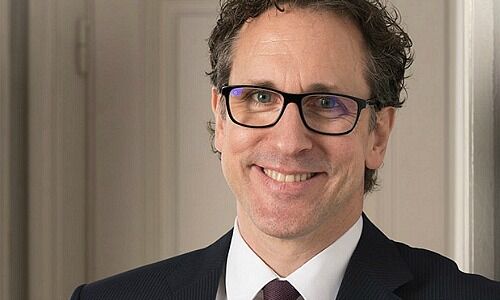Global Investors Look to Diversify Portfolios Amid Coronavirus Chaos
The outbreak of the coronavirus has triggered a growing interest in residence- and citizenship-by-investment programs among wealth managers and high-net-worth individuals, Henley & Partners CEO Juerg Steffen says.
The coronavirus, coupled with record valuations in equity markets, lead to a significant shift in sentiment among global investors, said Juerg Steffen, the CEO of Henley & Partners, a leading consultancy in residence and citizenship planning. Accompanying the dip is a well-reported surge into traditional safe-haven assets such as gold.
As global investors remain concerned that the virus could become far more globally significant, inflows into gold exchange-traded funds are 30 percent higher than last year. Other low-risk investments have reported similar inflows of capital.
Newest Option in Safe-Haven Asset Classes
There is also growing interest in residence- and citizenship-by-investment programs among wealth managers and high-net-worth (HNW) individuals as a result, Steffen notes.
«Investment migration programs enable countries to grant residence or citizenship rights to individuals in exchange for a substantial investment. Savvy investors are embracing investment migration – the newest option in the safe-haven asset class – as it unlocks novel risk management and optimization options for the HNW portfolio,» he added.
Greater Mobility
«The current market turbulence and increased political risks – not least also connected to the Coronavirus outbreak – is accelerating the momentum for wealthy individuals to include alternative residence and citizenship as a necessary component of their portfolios – one that can expand their footprints and market reach, offer them greater mobility and additional opportunities, and protect them from the dangers of volatile markets and political instability,» he said.
Over 100 countries have some form of investment migration legislation in place, and there are over 60 different programs active around the world. In terms of the industry’s size, citizenship-by-investment contributes about $3 billion a year to the global economy, while the residence-by-investment sector contributes about $15 billion a year, putting the industry as a whole at around $18 billion.
Increasing demand indicates that the industry will soon reach $20 billion annually.



























